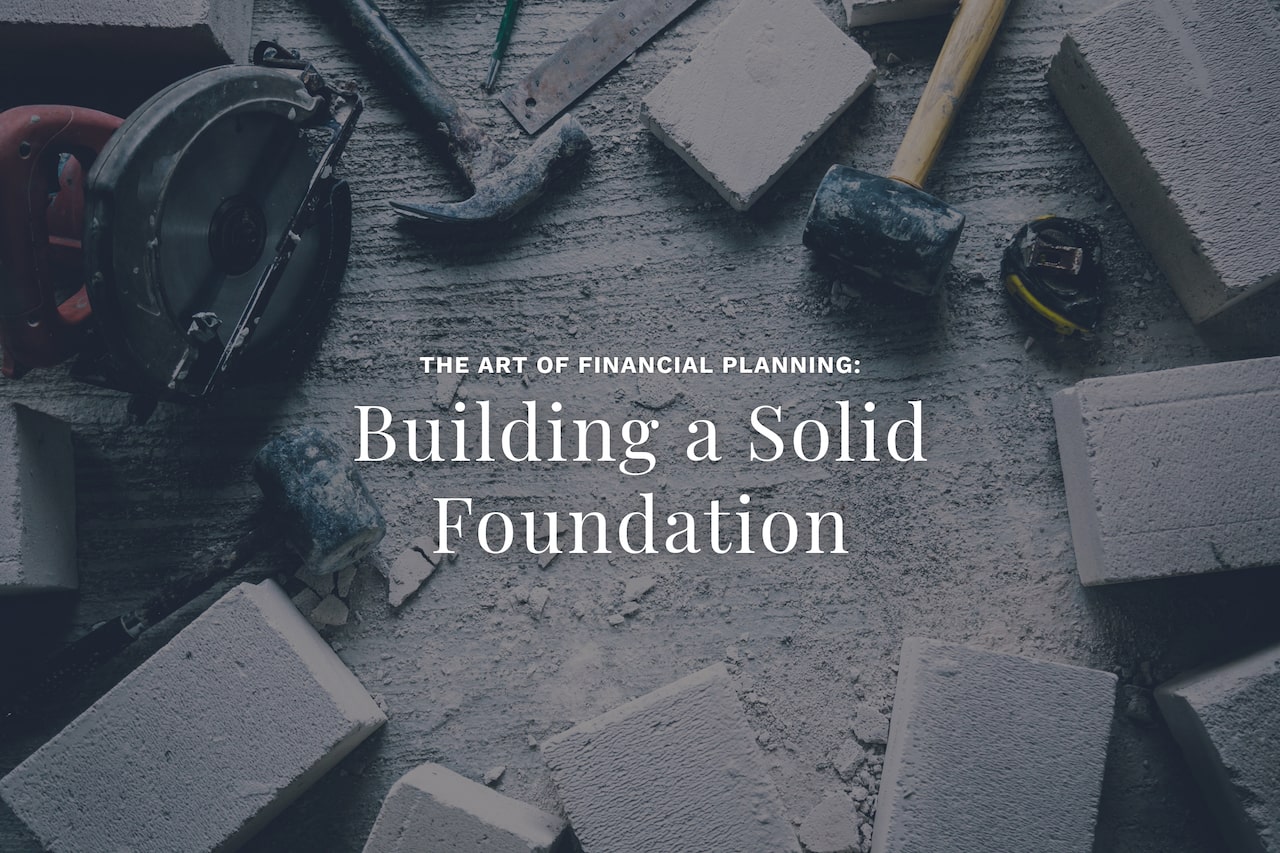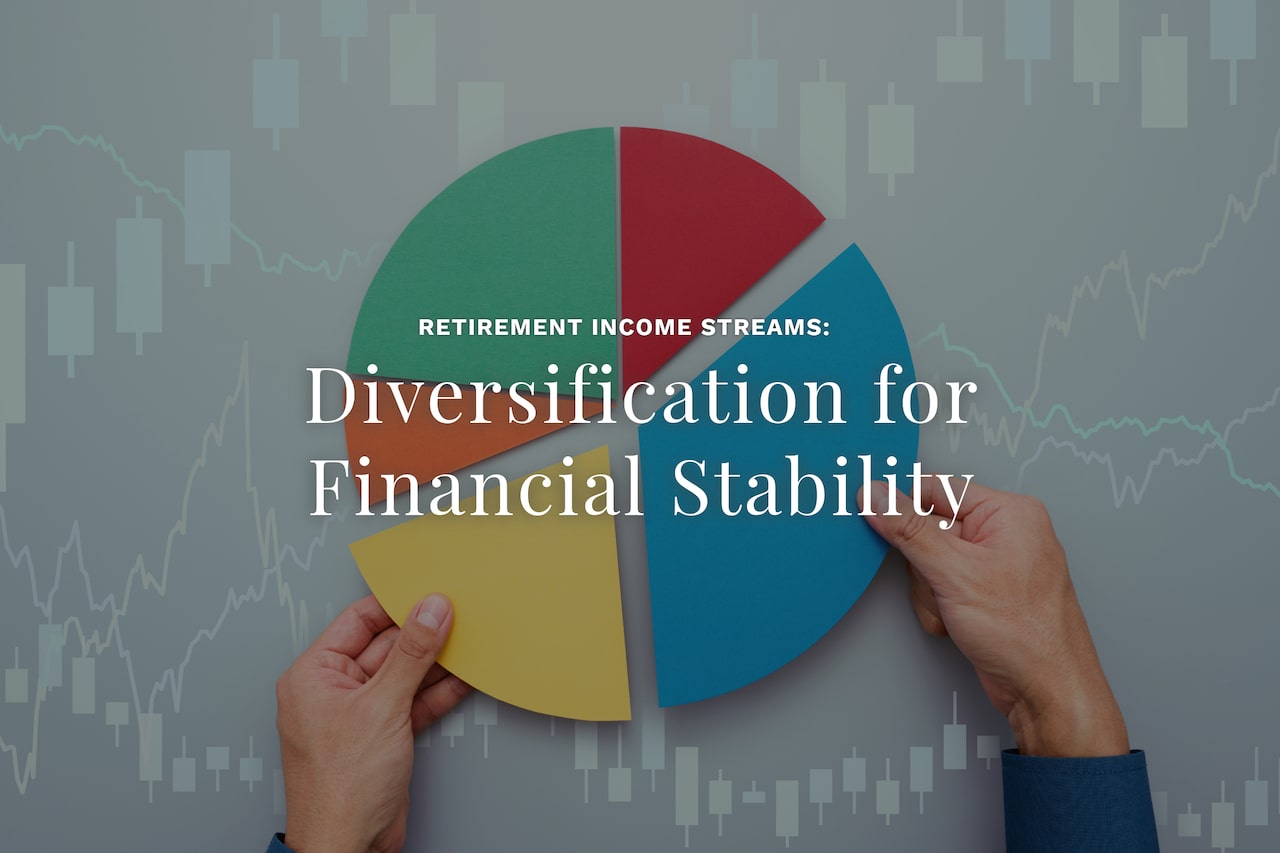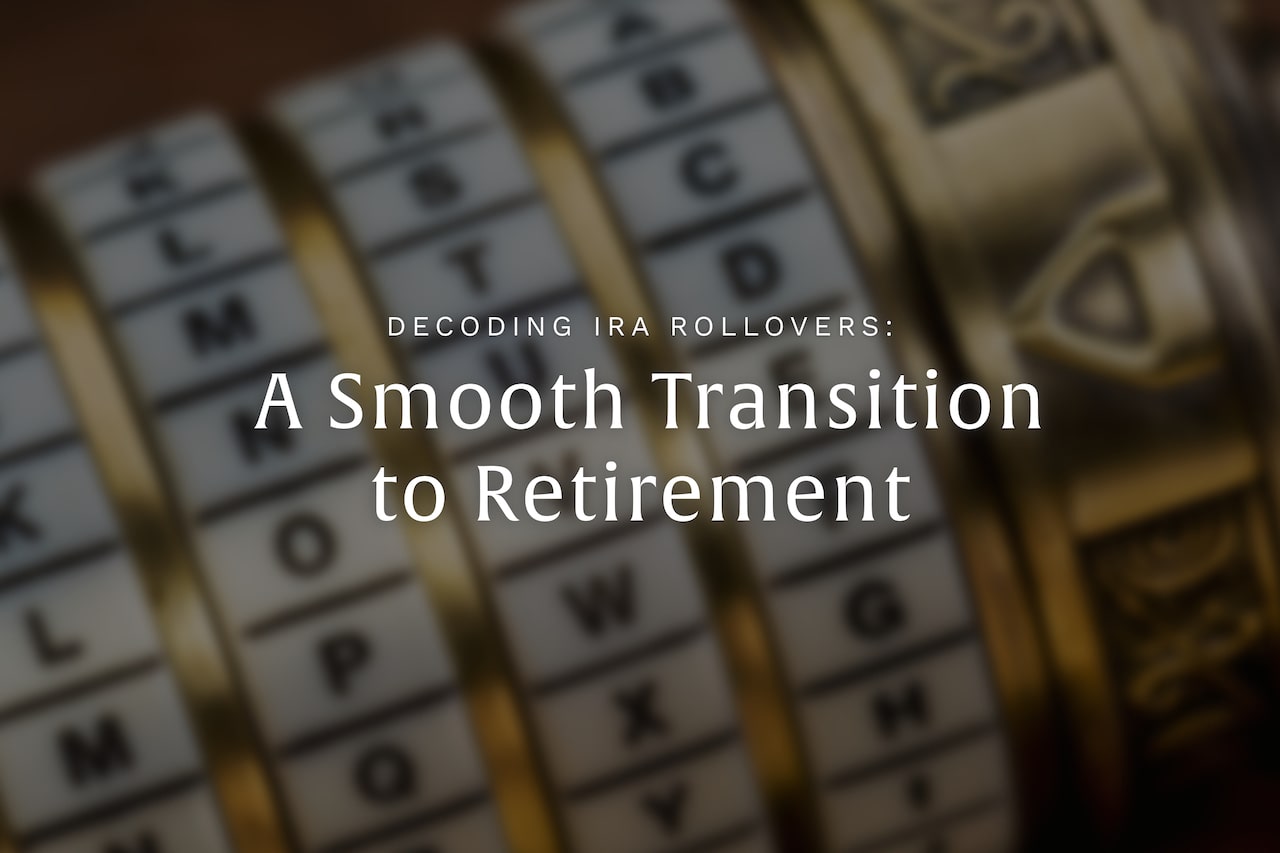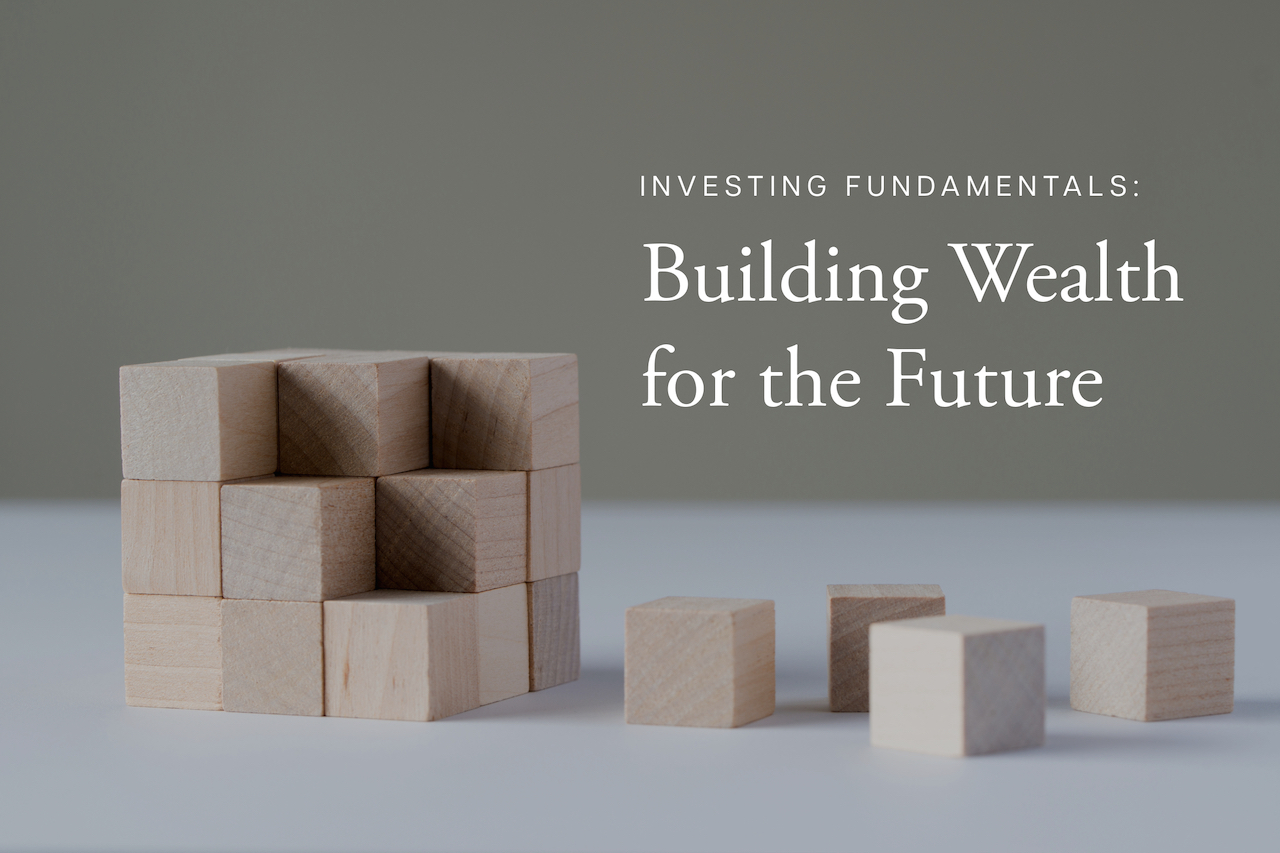Strategies to Manage and Grow Your Assets for the Next Generation
If you have a desire to build wealth from the ground up for yourself and your loved ones, then you are considered a first-generation wealth builder. Building generational wealth that will support you and your family now – and for generations to come – requires you to use the right financial strategies. While it can certainly seem overwhelming to figure out where to start and what future steps are necessary, having the right information can help you proceed with confidence. Below, we discuss four strategies for building generational wealth that may be helpful as you get started.
Building Generational Wealth Strategy #1: Consider Insurance Options
Life insurance can be a potential component in wealth building strategies. It can be a useful tool to potentially provide an inheritance for your loved ones after you pass. Because you pay into your life insurance policy over time, the investment builds, and most policies don’t require a lump sum payment (the exception is single premium life insurance).
Permanent/whole life insurance policies provide coverage for your whole lifetime. It has a savings element that earns interest on a tax-deferred basis and the owner of the policy can borrow funds against the cash value.
Term life insurance is an affordable option and is the least costly because it provides a death benefit for a specified time frame, though it does not feature a savings component. Term life insurance may be a consideration for those who are in the early stages of wealth building. It’s most often purchased by younger, healthy people to ensure that their beneficiaries receive a cash benefit that is typically not taxable in the case of your unexpected death.
Note that premiums for permanent life insurance are more expensive than for term insurance. However, as your earnings grow, purchasing a permanent life policy may be a good strategy for building generational wealth. Transferring your wealth directly to your beneficiaries or as part of your estate plan can potentially offer savings and tax advantages.
Building Generational Wealth Strategy #2: Know That Not All Debt Is Bad
Most of us cringe a bit when we think about debt. However, not all debt is created equal – and it’s not all bad. While there are some types of debt that may potentially add value to your wealth, it’s important to carefully consider the risks and benefits before taking on any debt. Sometimes referred to as ‘growth-focuses,’ such debt includes:
- Higher education
- Purchasing a home
- Starting a business
- Investing in property
There’s no surefire way to know if your ‘debt investments’ will pay off. However, by being thoughtful and strategic, it might be worth the risk if it helps you build your wealth in the long run.
Building Generational Wealth Strategy #3: Make Your Work Pay Off
If you’re intent on being a first-generation wealth builder, then you’ll need to find ways to optimize the resources you have available to you. Whether that means being a star employee to help you earn that promotion, adding a side hustle or second job, or learning to save and invest any extra income, strategic planning can help you work towards your wealth-building goals.
Investing additional income from your work or added pay can be a strategy for those with a stable financial situation and a comfortable level of risk tolerance. While it might be tempting to use that money elsewhere from time to time, it could potentially impact your bottom line. Keep your eye on your long-term goal of building generational wealth.
Building Generational Wealth Strategy #4: Pass it Along
Building wealth involves various factors, including your own financial security. Helping your family and loved ones can not only provide you with satisfaction; it can also enrich the lives of those you care about. Investing in college funds, providing housing for a stable living condition, or helping someone afford transportation to get to their job can be meaningful moments in your wealth-building journey.
Passing along your wealth for the purposes of your loved ones’ future financial well-being is also a practical way to pass along your knowledge of smart spending and investing. In this way, you can teach those you care about how to manage and value money. As a first-generation wealth builder, it is important to consider this strategy, and while returns can be significant, they are not guaranteed.
A Guide to Understand the Process of Wealth-Building
Taking your journey toward being a first-generation wealth builder has many steps. It is a path that requires commitment and an intentional plan that can lead you toward your goals. Make sure you have the help and information you need to guide you along the way. If you’re not yet working with a financial advisor, this may be a helpful first step.
Illuminated Advisors is the original creator of the content shared herein. I have been granted a license in perpetuity to publish this article on my website’s blog and share its contents on social media platforms. I have no right to distribute the articles, or any other content provided to me, or my Firm, by Illuminated Advisors in a printed or otherwise non-digital format. I am not permitted to use the content provided to me or my firm by Illuminated Advisors in videos, audio publications, or in books of any kind.
























































